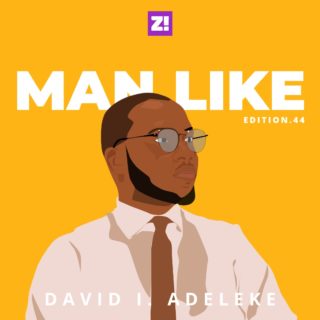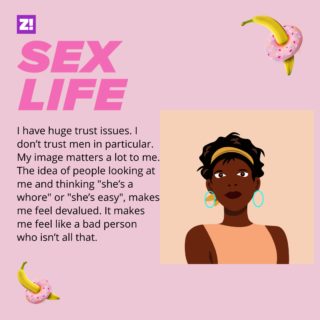Growing up, Max* hated dresses and, for that reason alone, he loathed Sundays when his parents demanded that he and his younger sister wore a dress and a head covering as they went to church.
‘‘I wore a skirt to school from Monday to Friday, but it was the dresses on Sunday that really made me mental. I still don’t entirely know why,’’ Max, a trans man, tells Zikoko. When Max went to university and got his first taste of freedom, he made sure to put all his dresses in a different bag to make sure he never came across them. But he quickly ran into another problem.
‘‘I was in an all-girls hostel, and I quickly realised how out of place I felt,’’ Max says. ‘‘I don’t begrudge the girls. They weren’t mean to me or anything, but you could tell they didn’t quite understand or get me. Every now and then they made it clear that they thought I was weird. Some thought I was a lesbian. One even asked, and I said yes because, back then, I didn’t know what I was.’’ When asked how he came to understand his gender identity, Max’s answer is simple and straightforward: ‘‘YouTube.’’
Watching YouTube videos of trans activists and even trans beauty bloggers, Max came to terms with the idea of being trans and eventually came to understand that what had been tagged as him being ‘A girl who is a tomboy’ is him being a trans man.
‘‘It has been almost three years since I left Uni. I moved to Abuja, and I was lucky enough to get a job as a product designer for a firm in Belgium and the money is good,’’ Max tells Zikoko. ‘‘I have plans to leave this country before the year ends because I deserve to live a good life, where I am visible and validated daily.’’
In 2019, Chuma* changed the pronouns in his Twitter bio to ‘he/him’. He tells me that he has less than two hundred followers and his Twitter is private, but it was a pivotal moment to him in his gender identity journey.
‘‘My mum is a single mother and growing up, she made it clear that she expected me to be perfect. So when I realised I was trans, I wasn’t scared about people and what they’d do. I was scared of and for her. I planned to remain in the closet until I could leave the house. Then one day, when I was in 300L, she came home with a youth pastor, and I realised she was trying to set us up. The guy came home a few times and once when we were alone, he tried forcing himself on me. I was able to push him away. I think he thought I would put up a bit of a fight and then let up. That was when I realised I couldn’t do it anymore. When my mum came back, I brought it up and I think during the argument I realised that if allowed, she’ll never let me live. That day, I changed my pronouns on social media and over the weekend, I moved in with a friend.’’
When asked if he remembers coming into the realisation that he’s trans, Ben* laughs and says he doesn’t and that he always knew even when he didn’t know the right word to use. ‘‘I had this innate awareness and knowledge that I am not a woman. I wasn’t even overly masculine, I hated football etc. But I knew.’’ Ben tells Zikoko. ‘‘My parents disowned me a few years ago. They first thought I was possessed and tried conversion therapy, but once I could, I left. I moved to Lagos and I found relative peace. At least enough peace till I can japa,’’ Ben says. ‘‘But I think the moment it hit me, like really hit me, that I was trans was in 2018. I applied for a job in marketing at a tech-company, it’s supposed to be a remote job that is very ‘KPI based’. They also claimed to be progressive. They needed me to do an interview and I had to present as a woman because of my certificate and the rest. It was awful and it was worsened by the fact that I couldn’t do it convincingly. I didn’t get the job and I know why. Now, I always show up as me, trans man and all.’’
- Names have been changed for the sake of anonymity.




